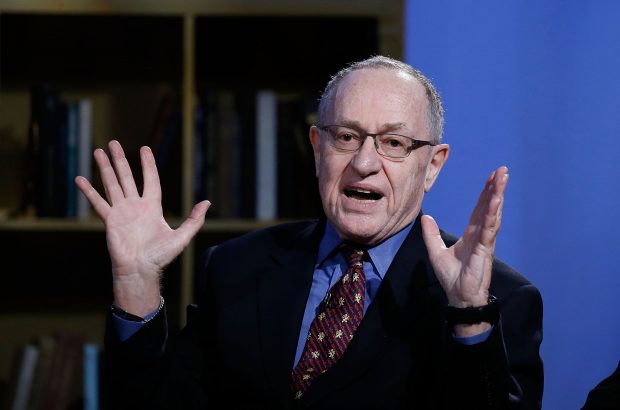September 2, 2025
Dershowitz's Defamation Suit Against CNN Dismissed by Eleventh Circuit

As Alan Dershowitz's legal battles continue, the Eleventh Circuit recently upheld a lower court decision, effectively dismissing his defamation lawsuit against CNN. This development adds to a series of setbacks for Dershowitz, marking one of his most disappointing moments since his infamous PierogiGate at Martha's Vineyard.
Dershowitz had taken legal action against CNN following his controversial defense of Donald Trump during the impeachment hearings, where Trump was accused of leveraging U.S. foreign aid to Ukraine for personal political gains against Joe Biden. At the heart of the impeachment was a theory Dershowitz posited, suggesting that a president could engage in a quid pro quo in foreign policy for personal benefit if he believed it served the national interest.
His statement, suggesting even reelection efforts could justify such actions, sparked widespread media scrutiny and critique, which he claimed CNN misrepresented, thus defaming him. In response, Dershowitz sought a staggering $300 million in damages.
However, the courts have not seen merit in his claims. The Eleventh Circuit's dismissal implies that being incorrect in public discourse does not equate to defamation. This ruling underscores the enduring principle that legal recourse for defamation requires a demonstrable false statement presented as fact, which damages reputation—an evidently high bar that Dershowitz's claims did not meet.
The media frenzy around his original statement also highlights the ongoing debate over the boundaries of presidential powers and the responsibilities of the press in holding public figures accountable. CNN had even invited Dershowitz to clarify his comments on their platform, an opportunity he utilized but later contested in his lawsuit.
This case serves as a poignant reminder of the complexities involved in defining and proving defamation, especially in politically charged contexts. As it stands, the dismissal of Dershowitz's lawsuit may well set a precedent for how similar cases are treated in the future, particularly those involving public figures who are no strangers to controversy and media scrutiny.